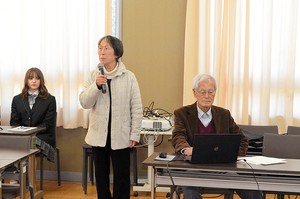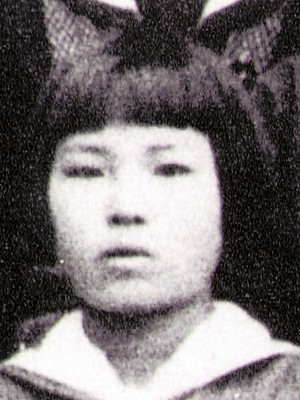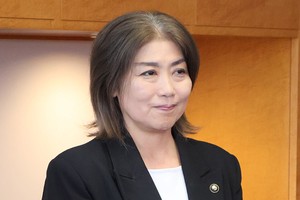By HIDEKI KITAMI/ Staff Writer
May 3, 2022 at 14:40 JST
A record high 56 percent of Japanese voters feel a need to change the pacifist Constitution, a reflection of growing concerns that the country could fall victim to a military invasion, a survey showed.
Thirty-seven percent of respondents to the nationwide survey conducted by The Asahi Shimbun said there was no need to change Japan’s supreme laws.
Survey questionnaires were mailed out to 3,000 eligible voters, and valid responses were received from 1,892 by April 25.
Although the questions were slightly reworded from previous surveys, 56 percent is the highest ratio in support of revising the Constitution since mailed questionnaires centered on constitutional issues were first sent out in 2013.
In last year’s survey, 45 percent said there was a need to change the Constitution, while 44 percent said there was no such need.
The latest survey also found that 59 percent of respondents said there was no need to revise war-renouncing Article 9, while 33 percent felt that article should be amended.
In light of Russia’s invasion of Ukraine that started in late February, the survey asked respondents if their concerns have increased about a possible military conflict erupting between Japan and a neighboring nation.
Eighty percent of respondents said they felt greater worries, while only 19 percent said they felt no difference.
Of those who were more concerned, 60 percent said the Constitution should be changed, while 34 percent said there is no need.
A majority of respondents also favored a 2012 proposal by the ruling Liberal Democratic Party to amend the Constitution to allow the prime minister to declare a state of emergency and the Cabinet to order a temporary restriction on the rights of the public to deal with a major natural disaster or military invasion.
Fifty-nine percent of voters said the Constitution should be changed to respond to major emergencies along the lines proposed by the LDP, while 34 percent said there was no need for such a revision.
Respondents were also asked to choose between two alternatives for dealing with the novel coronavirus pandemic.
Sixty-eight percent of respondents felt closer to the first option of doing everything to control new infections even if that meant restricting individual rights. Twenty percent chose the other option of putting priority on protecting individual rights.
In last year’s survey, 83 percent felt closer to the first option, while only 10 percent sided with the second option.
This summer’s Upper House election could affect future Diet discussions about the Constitution.
The conservative Nippon Ishin (Japan Innovation Party) is seeking to gain the largest number of votes in the proportional representation constituency this summer among the opposition parties.
According to the survey, 66 percent of respondents who said they would likely vote for Nippon Ishin in the proportional representation constituency called for changing the Constitution, exceeding even the 57 percent of LDP backers who cited the need for revisions.
Only about 40 percent of respondents who said they would vote for the main opposition Constitutional Democratic Party of Japan or the Japanese Communist Party said there was a need to change the Constitution.




















A peek through the music industry’s curtain at the producers who harnessed social media to help their idols go global.
A series based on diplomatic documents declassified by Japan’s Foreign Ministry
Here is a collection of first-hand accounts by “hibakusha” atomic bomb survivors.
Cooking experts, chefs and others involved in the field of food introduce their special recipes intertwined with their paths in life.
A series about Japanese-Americans and their memories of World War II